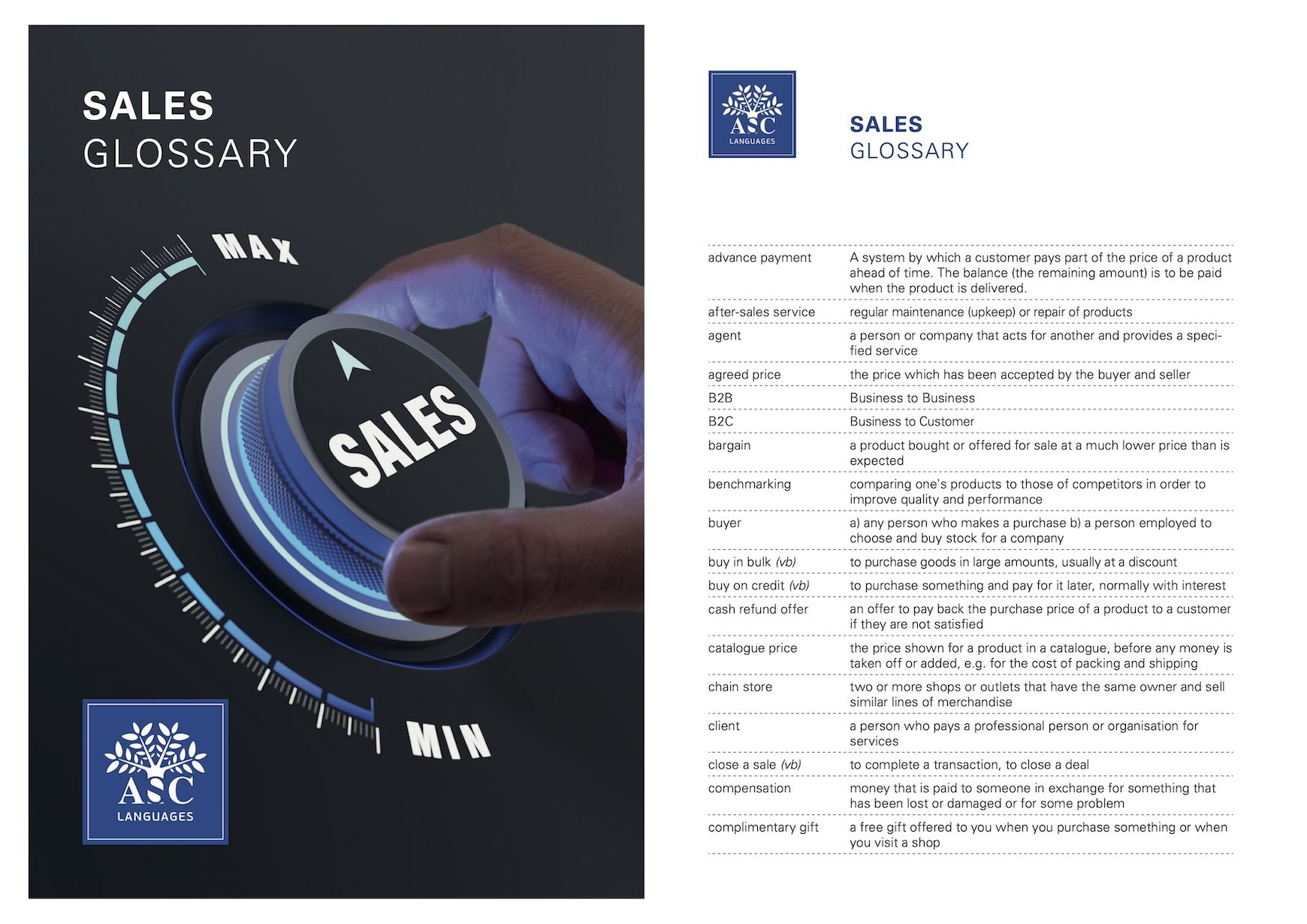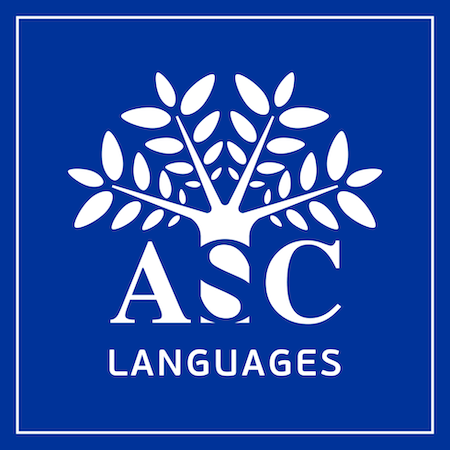English for shop assistants
Format: face-to-face, 11 hours a week
Levels: A0 A1 A2
Payment details: CAF accepted (3669)
A professional English course for sales
This course focusing mainly on speaking is aimed at those who need to interact in English in the retail sector (salespersons, sales advisors, shop managers and owners, cashiers, etc.) and who need to acquire some basic English within their domain sector or to become more fluent.
The course exists at various levels (beginner, elementary and pre-intermediate). Students can also participate without any previous knowledge of English. This is an intensive 4-week course practising real-life situations and various activities directly related to work. Participants will practise the specific vocabulary, structures and expressions used in sales.
Training content: Professional English for sales
Thanks to this training course, you will be able to develop your interpersonal skills and acquire additional language skills to:
-
Welcome customers
-
Listen to customers to identify their needs
-
Advise customers on products and services, suggest additional sales or substitute products
-
Use polite language
-
Handle delicate situations, customer dissatisfaction and complaints
-
Use the vocabulary of buying and selling (people working in a shop, types of stores, typical expressions used in sales, etc.)
-
Handle the payment
-
Saying goodbye to the customer

Effective communication skills
Communication skills encompass more than just vocabulary; they also include active listening, clear pronunciation and the use of polite, professional language. Focus on :
- Active listening: Pay particular attention to customer needs and concerns to improve customer satisfaction and loyalty.
- Clear pronunciation: Make sure you speak clearly to avoid misunderstandings and make communication as effective as possible.
- Polite and professional language: Maintain a respectful and professional attitude to reinforce the company's brand image.
Managing difficult situations
Dealing with delicate situations is an integral part of the sales role. Whether dealing with complaints or resolving problems, effective communication is crucial. Strategies include:
- Complaints management: Listen and respond to customer complaints with empathy and professionalism, offering appropriate solutions quickly.
- Problem solving: Take a proactive approach to solving problems effectively, ensuring customer satisfaction.
- Emergency assistance: Remain calm and methodical during emergencies, providing necessary support to customers and colleagues.
from 500.-
Course information:
- Days: Monday, Tuesday, Thursday, Friday
- Next course: contact us
- Times: from 2:30 to 5:15 pm
- Number of students per class: maximum 10
Key features:
- Sales-specific glossary
- Small groups (average: 5 students per class)
- Free access to an e-learning platform
- Training provided by a certified teacher
- Personalised monitoring of your progress
- End-of-course certificate showing skills acquired
Prices:
- Price: 1,099.-
- Special rate: 1,000.- (under 25s, seniors, students, unemployed)
- Registration fee and materials: 100.-
- Chèque Annuel de Formation accepted (500.-)
from 500.-
Course information:
- Days: Monday, Tuesday, Thursday, Friday
- Next course: contact us
- Times: from 2:30 to 5:15 pm
- Number of students per class: maximum 10
Key features:
- Sales-specific glossary
- Small groups (average: 5 students per class)
- Free access to an e-learning platform
- Training provided by a certified teacher
- Personalised monitoring of your progress
- End-of-course certificate showing skills acquired
Prices:
- Price: 1,099.-
- Special rate: 1,000.- (under 25s, seniors, students, unemployed)
- Registration fee and materials: 100.-
- Chèque Annuel de Formation accepted (500.-)
